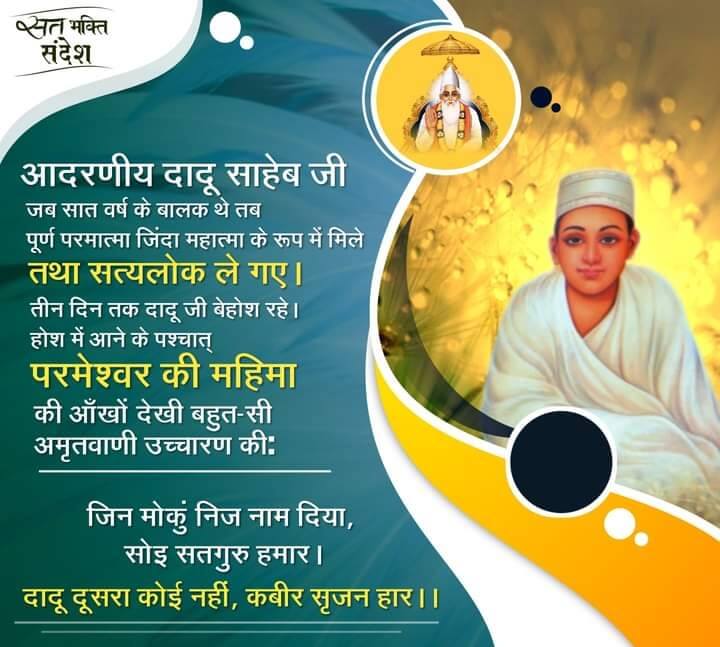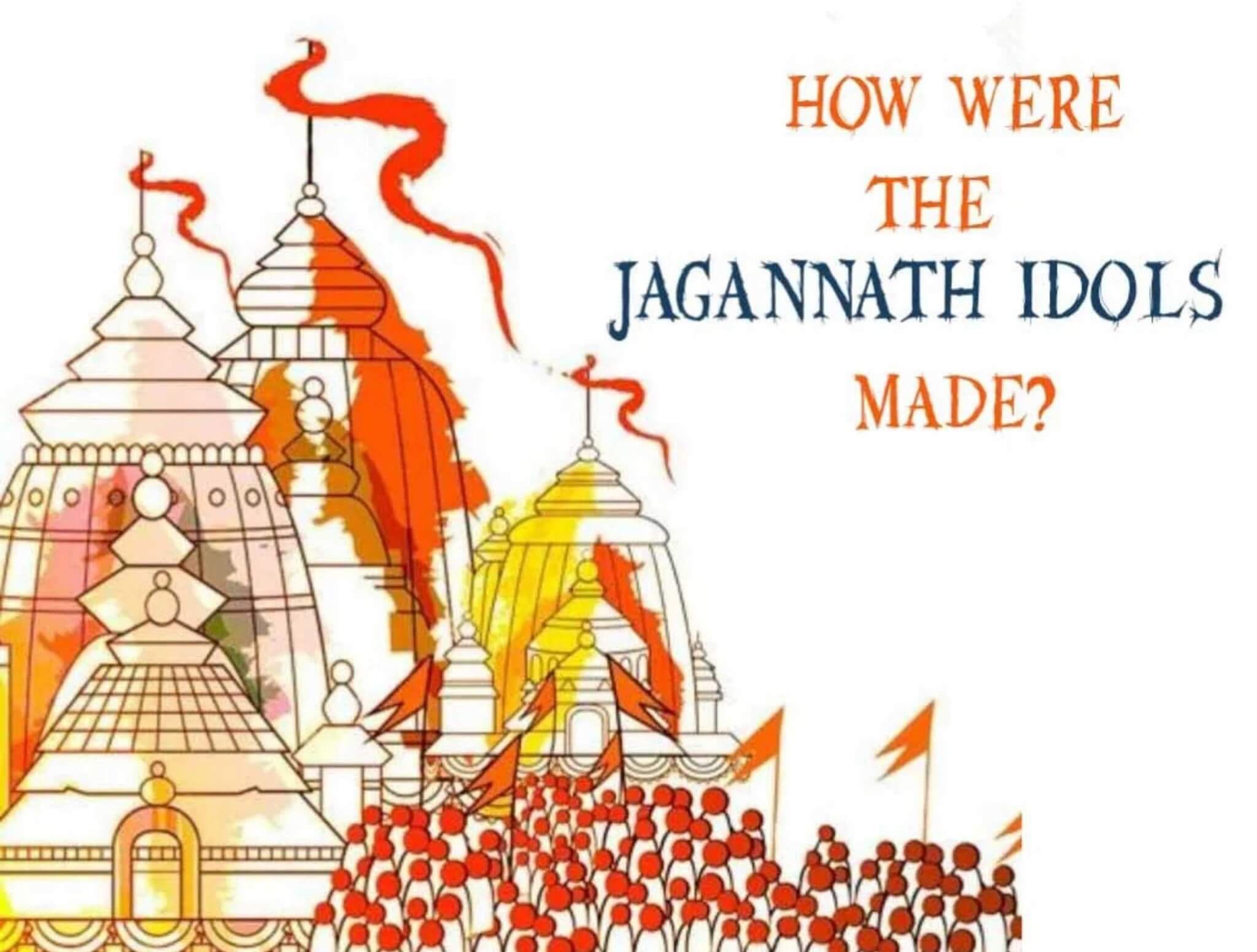The main themes in Kabir's poetry reflect His deep spiritual insights and his mission to unite the soul with the Supreme God. Key themes include:
-
Oneness of God: Kabir emphasized that God is one and universal, transcending all religions, names, and forms. He rejected sectarianism and promoted devotion to a singular divine presence with this being the primary objective of human life.
-
Rejection of Rituals: He criticized meaningless rituals, idol worship, and superstitions in both Hinduism and Islam, advocating a direct, personal connection with the divine through devotion and self-awareness. Kabir shunned meaningless practices like fasting, pilgrimage etc.
-
Equality and Social Justice: Kabir condemned caste discrimination and inequality, advocating the equality of all humans, regardless of caste, religion, or gender as all are children of the same god.
-
Detachment from Materialism: Kabir promoted detachment from worldly possessions and desires, stressing that true happiness lies in spiritual fulfillment aiming for the eternal place called Satlok rather than material wealth.
-
Satguru and True Knowledge: He highlighted the importance of a true spiritual teacher (Satguru) who imparts divine knowledge and guides seekers on the path to liberation.
-
Eternal Realm (Satlok): Kabir spoke of the eternal realm of Satlok, the ultimate destination of the soul, beyond the cycles of birth and death.
-
Love as a Path to God: Love and devotion were central to Kabir's teachings, emphasizing that genuine love for God and all beings is the highest spiritual practice.
-
Unity of Religions: Kabir's poetry bridged the gap between Hinduism and Islam, focusing on the universal truths shared by all faiths and rejecting narrow religious orthodoxy.
-
Mortality and Impermanence: Kabir reflected on the transient nature of life, urging people to seek the eternal truth before it's too late.
These themes make Kabir's poetry timeless and relevant, inspiring spiritual seekers across generations.
Couplets of Kabir | Dohe
Rejection of Rituals
Patthar pooje hari mile, toh main poojoon pahaar
Tatey toh chakki bhalee, pees khaaye Sansar
This couplet by Kabir conveys a powerful message about the futility of external rituals and the importance of inner spiritual practice. Here's an interpretation:
"Patthar pooje hari mile, toh main poojoon pahaar"
Kabir reflects that if worshipping a stone idol could lead to finding God, he would rather worship a mountain, as it is far larger and might be more effective.
"Tatey toh chakki bhalee, pees khaaye Sansar"
Kabir goes on to say that revering a mill (chakki) made of stone is far better; at least it grinds grain and provides flour for human consumption thus nourishing them.
Kankar pathar jori ke, masjid layee banaaye
Ta charrh mulla baang de, behera bhaya khudai
This famous couplet by Kabir highlights the futility of constructing religious structures without true spiritual essence and understanding:
"Kankar-pathar jori ke, masjid layee banaaye"
Kabir points out that people may build a mosque by simply assembling stones and pebbles (kankar-pathar), but this is just a physical structure without true spiritual significance.
"Ta charrh mulla baang de, behera bhaya khudai"
Then the mullah (priest) calls out to God from the top of the mosque; Is God deaf? Saint Kabir imples that God can hear even the slightest of the sounds and doesn't need these useless ostentations.



